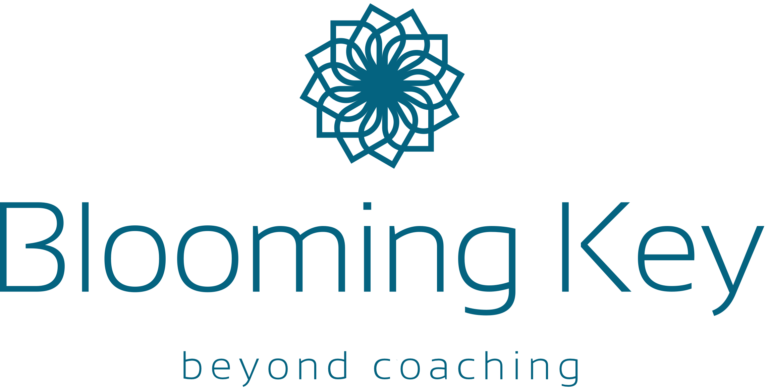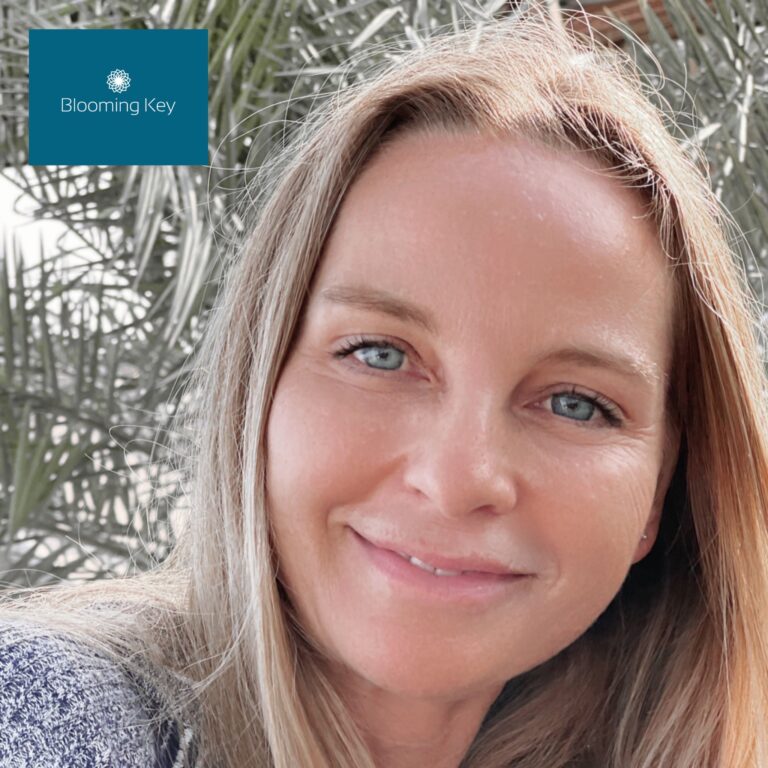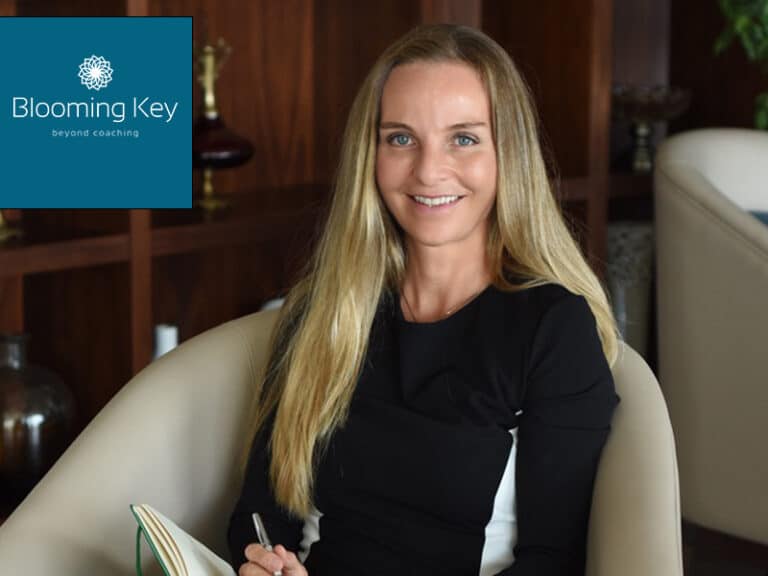In a world with a thousand different influences like media, culture, religion etc., opinions spewing from left and right, it becomes easy to disconnect with our inner voice. People get caught up in the collective consciousness and misunderstand these beliefs as their own. Set-aside all these belief-systems the question of ‘who am I arises?’
Knowing oneself is a fairly ambiguous statement. So what does it mean? It means understanding your values and dedicating time to things that matter to you. It means saying no when an opportunity doesn’t align with what you want. It means being transparent with yourself about the good and the bad.
If you’re feeling confused, consider the tips below to get back on track and in tune with your authentic self.
1. Understand your values
Society often tells us what we should value or want. You should have a full-time job by ‘x’ age, or you can only be happy if have ‘x’. This often steers us away from what genuinely matters to us as individuals. Take a moment and ask yourself what truly brings you joy. When was the last time you felt fulfillment? After some reflection, you’ll begin to understand your values and your passions. With clarity on what these are, you’ll have an easier time making decisions that are authentic to you.
2. Look at the people who surround you
While we can’t control the family we were born into, we control the people we allow in our lives. A large part of who we are is reflected in the friends you make or the partner you choose.
The people we surround ourselves with affect the way we view the world. When we surround ourselves with people who are uplifting and carefree, this provides insight into our values.
3. Think about your strengths and weaknesses
We all have a set of strengths and weaknesses. Knowing what we are good at gives us a better sense of what we are capable of. Improving those strengths also becomes a motivating factor in our lives. It’s also as important to know what our weaknesses are to build greater self-awareness.
4. Silence your inner critic
Nothing good comes from dwelling on critical and negative thoughts that spur in our minds. This only inhibits your ability to understand your strengths and capabilities. It also stops us from venturing off to discover new passions and beginnings. So take a moment and subdue the self-doubt. Getting rid of that noise makes it easier to get in touch with the real you.
5. Reflect on the past
To make sense of our current habits and tendencies, good or bad, you can reflect on your past to find those answers. For example, unresolved childhood trauma and conditioning can heavily influence the way we navigate the world. But once we understand why we behave a certain way, we can make a conscious effort to work on certain habits.
6. Stay entertained by the journey
Connecting with your true self is a lifelong journey. And there’ll be plenty of changes along the way. But once you understand who you are, you’ll begin dedicating energy in your life to things that serve a purpose for you. And that’s a huge part of living a fulfilling and happy life.
And do not forget you are the main character in the play that is called your life. The only person you need to 100% understand is yourself. So have fun with YOU, try to take things light and enjoy the ride.






